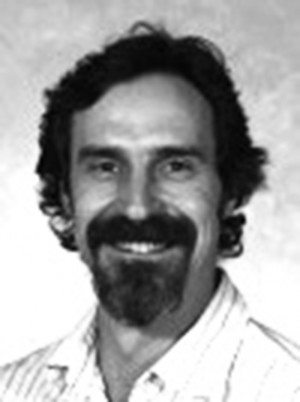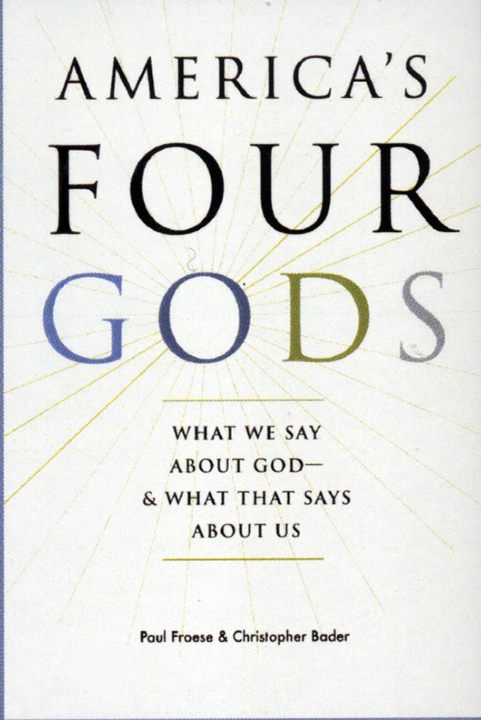
By Maegan Rocio
Staff Writer
One nation under Gods.
Dr. Paul Froese, associate professor of sociology, and Dr. Christopher Bader, a former Baylor professor, co-authored “America’s Four Gods: What We Say about God & What That Says about Us.”
The book, published in 2010, discusses how Americans view God in different ways.
The book utilizes data gathered from the ongoing Baylor Survey Project.
“Most Americans believe in God, but we don’t really know what they mean when they say the word ‘God,’” said Froese, associate professor of sociology at Baylor. “So this book is really an attempt to kind of dig down and see what people mean when they say the word ‘God.’ Now what we found was there’s tremendous variation in how people understand that term.”
Using the data he and Bader collected, Froese said they discovered the American public views God in four different ways.
“There are definitely kinds of distinct differences between different social groups and how they understand God,” he said. “We distilled it into four different types of Gods. There’s the authoritative, the benevolent, the critical and the distant.”
Froese said the authoritative God is engaged in and judgmental of the world, while the benevolent God does good things and is engaged in the world, but does not judge it.
Froese said the ritical God is very judgmental of the world, but is disengaged from it, while the Distant God is neither judgmental nor engaged.
Froese said the distant God is more of a cosmic entity.
Froese said the four views help to prove a sociological theory he and Bader developed.
“What we’re trying to argue is that if we know somebody’s image of God, we can predict all kinds of things about them,” he said. “We can predict how they think politically, how they think morally, how they think about the economy, and so that’s really what the book details.”
Froese said data was gathered for their book using two methods: a national survey and one-on-one interviews.
“One was we did a national representative survey,” Froese said.
“It’s called the Baylor Religion Survey and there are three waves of that survey so far, such as the national, random sample of the American public. And so, within that survey, there were dozens of questions about God. And then we also conducted one-on-one interviews with people selected from across the country.”
Dr. Carson Mencken, the director of the Baylor Religion Survey project and a professor of sociology at Baylor, said the survey is meant to represent the nation as a whole.
“The survey is a national random sample of individuals 18 and older throughout the United States,” he said. “It asks a variety of questions on people’s religious beliefs, attitudes and actions, and it is collected by the Gallup Organization, the same group that does all of the political polls you’re reading about right now.”
Mencken said each wave has approximately 1,700 participants in the samples and Froese used waves I and II in the book.
Mencken said many of the people who were interviewed openly talked about their religious beliefs.
“We interviewed 1,700 people and we found, for the most part, that people are willing to talk about issues of faith, spiritual practices, and people actually like to share information about themselves more than I think the general pubic realizes,” he said.
Froese said the book will not change its audience’s view of how they personally view God.
Froese said he hopes the book can help people understand the different beliefs others have about God.
“People see God very differently and how those variations are quite meaningful in the social world,” he said.
“They really lead people to behave differently and act differently and have different opinions about things.”
At the time of publication, Dr. Christopher Bader, who now teaches at Chapman Univeresity, was not available for comment.
Four Baylor sociologists and six Baylor alumni helped write and conduct the survey.
The members of the Baylor Religion Survey team who worked on waves I and II consist of four Baylor sociologists and six alumni who created the survey.
Waves I and II of the Baylor Religion Survey were funded by the John M. Templeton Foundation.






